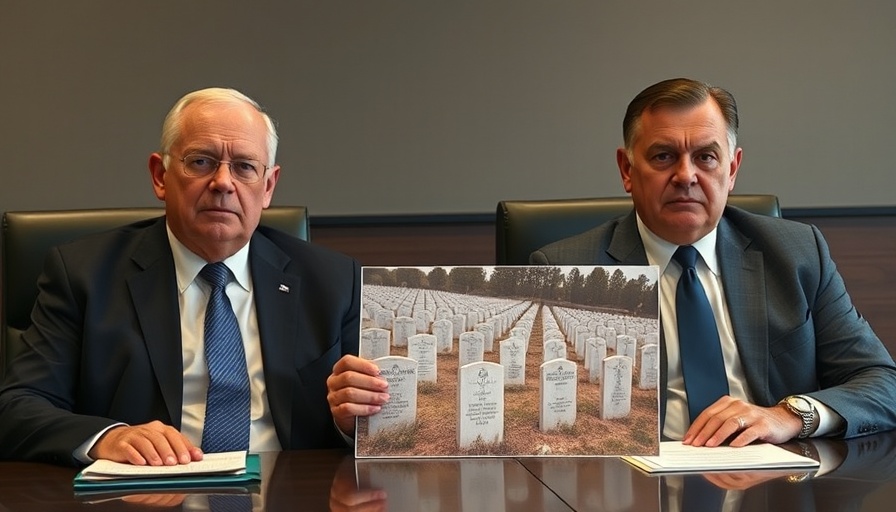
A Moving Testimony: The Price of Freedom
In a harrowing and emotional speech before the United Nations, a freed hostage shared the immeasurable toll of his captivity at the hands of Hamas. The former hostage revealed not just the physical abuse he endured but also the psychological scars of witnessing his family be ruthlessly targeted by terrorists. His statement, "They dragged us to Gaza, my ribs were bruised," echoes the pain of many who have suffered under extremist regimes.
The True Face of Terrorism
Hamas has consistently used tactics that cast a shadow over humanitarian efforts, exploiting aid meant for the needy while their captives starve. The former hostage accused Hamas of manipulating the situation to paint a favorable image on the global stage, while in reality, they exploited vulnerable lives for their nefarious interests. This disturbing revelation underscores a grim truth that humanitarian organizations and global leaders must confront when assisting regions affected by violence.
A Call for Action Against Injustice
The emotional weight of this testimony invites action. It speaks not only to the plight of the individual but also of a larger narrative about the challenges of humanitarian aid in conflict regions. Advocacy for a shift in how aid is monitored and distributed is more important than ever, especially in areas like Gaza where malfeasance can thrive amid genuine crises.
The Role of Faith in the Face of Adversity
This former hostage’s journey reflects a broader struggle that many face, intertwining faith and resilience. For socially-conscious Christians and advocates, his story serves as both a narrative of tragedy and hope. It emphasizes a call to hold accountable those who exploit faith and humanitarian aid for personal and political gain. Understanding this intersection is crucial for those who wish to contribute positively to global dialogue on faith and justice.
Looking Ahead: What Can We Do?
As concerned global citizens, we must not only listen but act. Supporting organizations that provide aid transparently, advocating for policy changes, and engaging in interfaith dialogue are essential steps. By fostering awareness among our communities about these realities, we can create a ripple effect of understanding and action in the face of political strife.
We are called to take these narratives, such as the one highlighted in this UN speech, and ensure they resonate within our circles. It is our duty to shine a light on injustices and demand accountability through advocacy and prayer. By doing so, we can work toward a world where such testimonies are no longer necessary, and the cycles of violence are broken.
In conclusion, as we reflect on these events, let us commit to being more than passive observers. Together, we can be changemakers in addressing the tribulations faced by those suffering in silence.
 Add Row
Add Row  Add
Add 








Write A Comment